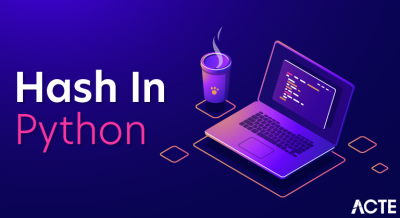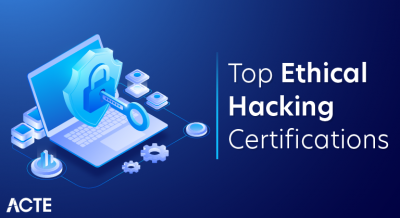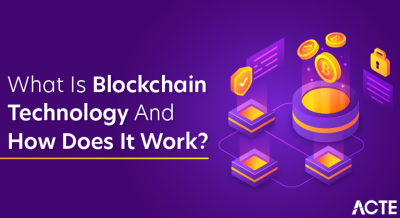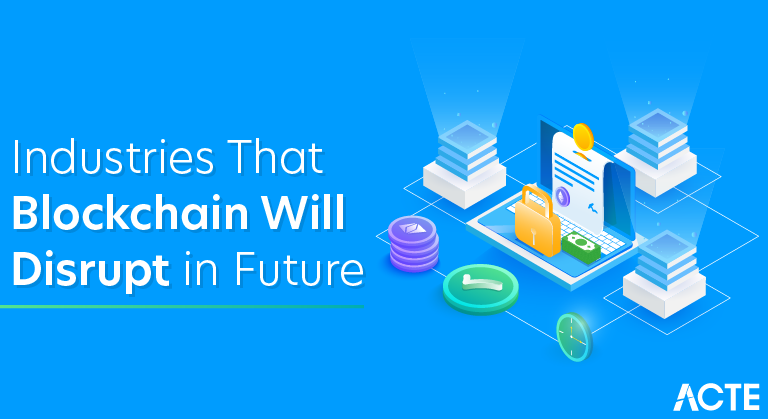
Fast forward a decade, and today, block chain is a widely spread idea, at least in the tech industry. Tech heads are trying to employ different ideas to remove the central authority and disrupt various industries, of course for their own benefit.
There is no sure-shot of which industries will be disrupted and where organizations will fail, but here are a few likely to get disrupted:
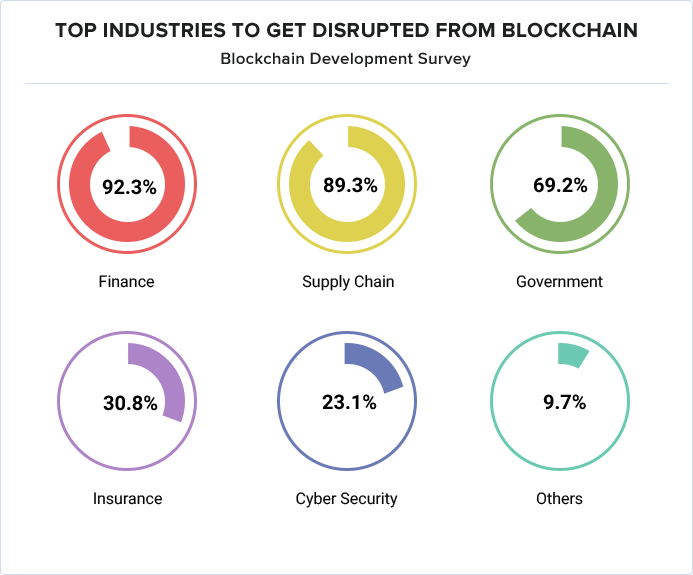
Banking:
Let’s start with the obvious one: Banking.
- Banking (and Financial services) are probably a disruption-priority when one thinks of implementing blockchain in conventional industries. Traditionally, ‘fees’, ‘time consuming’, ‘paperwork’, ‘fraud’, and many such words/terms have been associated with the banking industry. And blockchain offers elimination of such beliefs.
- Transfer fees, cross-border transaction charges, currency rates, and the time for the money to reflect in the other person’s bank are a few barriers the end-consumers don’t like. Cryptocurrency like bitcoin can eliminate the central authority in such cases. With bitcoin or any other “decentralized ledger for payments” currency, one can transfer millions of dollars anywhere with minimal charges and super-fast speed.
- For e.gAshton Kutcher did an almost $4 million transaction instantly using ripple on the Ellen show.Other significant parts of the banking industry such as clearance and settlements, Loans and credit, trade finance, etc. can also benefit using blockchain.
Real estate
- Real estate is perhaps the eminent asset class industry blockchain can disrupt. Traditional real estate obstacles such as availability for only high-income people, lack of transparency, Lack of Liquidity, realtor and banking fees, transaction speed, frauds, etc. can be overcome using blockchain.
- Blockchain is time-stamped, decentralized, and a secure series of immutable records. Meaning, if an individual lists his/her verified property, everyone in the loop can know the ownership details, i.e., no fraud. Middlemen like banks, lawyers, and realtors can be cut off using smart contracts. In short, 3-5% cost cut. Moreover, banking benefits like speed, no-limit transactions also come with blockchain implementation.
- Another benefit of blockchain for both parties is tokenization. The low-income buyer can own a fraction of the property, which means the seller will get cash immediately without waiting for the right party to buy the whole property. In a nutshell, blockchain has a lot to offer in the real estate industry.
Supply Chain
- The supply chain is a complex industry. There can be a hundred stages — cargos, trains, inventory, etc.– in a global supply chain. And a distributed, digital ledger can be of tremendous value here.Applications of blockchain in transparency, agreements, tracking, and payments during the whole supply chain are practical. For e.g., Every individual throughout the supply chain can have access to the previous block’s details and other relevant information.
- Big players such as Walmart are already embracing blockchain in their supply chain and reaping benefits. Tokens.net’s implementation of blockchain technology is an excellent example of Blockchain in the supply chain.
Intellectual Property
- Stealing the original creation and/or idea is common cheating in the world. People use intellectual property(IP) for personal and commercial use all the time, and the creators don’t bother taking legal actions against them. The reason? They will need to provide proof such as patent, trademark, or copyright for that publicly available piece, which will take time and money.
- The digital ledger technology can help save IP. Given the immutable, time-stamped, and secure system of a blockchain, one can save their findings or creation on the digital ledger. This can seamlessly work as proof when legalities are the question. In short, blockchain will keep “digital thieves” from fraud and stealing intellectual property.
Healthcare
- Blockchain can save lives. This might be an overstatement, but there’s a potential.
- First off, the usage of blockchain in the medicine supply chain can eliminate fraudulent drug dealers. Every legit pharmaceutical company and medical shop can register for a common blockchain and connect with their databases. If the numbers do not stack up, the frauds can be caught given the transparency and immutability of the blockchain.
- Another place where it can save lives is in hospitals. If a global blockchain is built with data of every medical phase of every individual patient and made accessible to legit doctors, they can save lives in emergencies.
- Moreover, an ideal drug for the patient can be provided based on the patient’s history. Additionally, medical insurance companies can also eliminate fraud claimers.
Education
- Online education and distance-learning are already a reality, and blockchain can take it further.Using blockchain, every record from KG-Ph.D along with the individual’s achievements and skill sets can be made accessible to institutions and the concerned students.
- These records are immutable, transparent, and verified, which makes institutions and organizations find relevant students and eliminate fakes. Moreover, it helps institutions and students in collaborations. In a nutshell, whenever and wherever a student-background verification is due, blockchain can help. Also, mutual learning from any part of the world is a plus.
Cyber Security:
- The final industry (in this list) where blockchain can benefit is cybersecurity. Blockchain provides decentralized storage solutions, which means it’s not stored on a specific server.
- And although the blocks of the ledger are available publically, advanced cryptography keeps the sensitive data secured from hackers. This concept sums up for IoT security, Private messaging, etc. like cyber threats.
